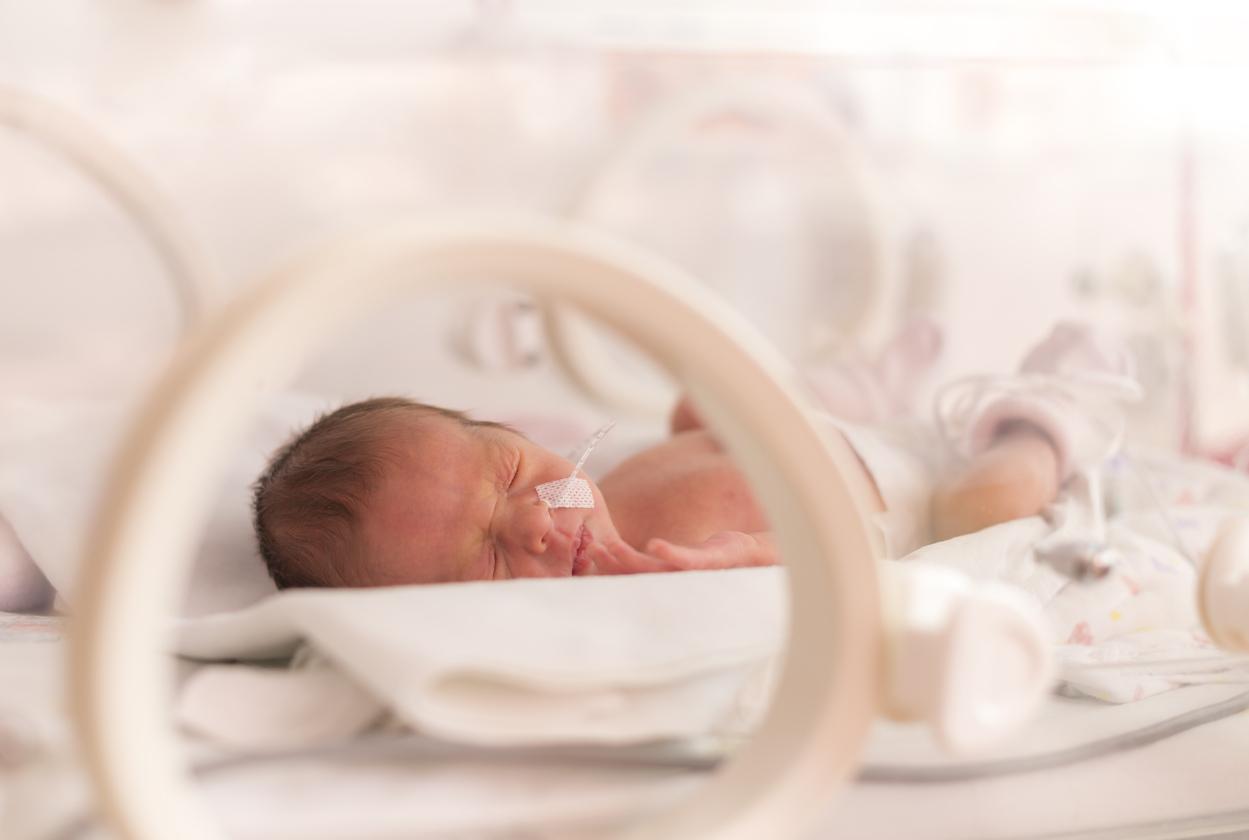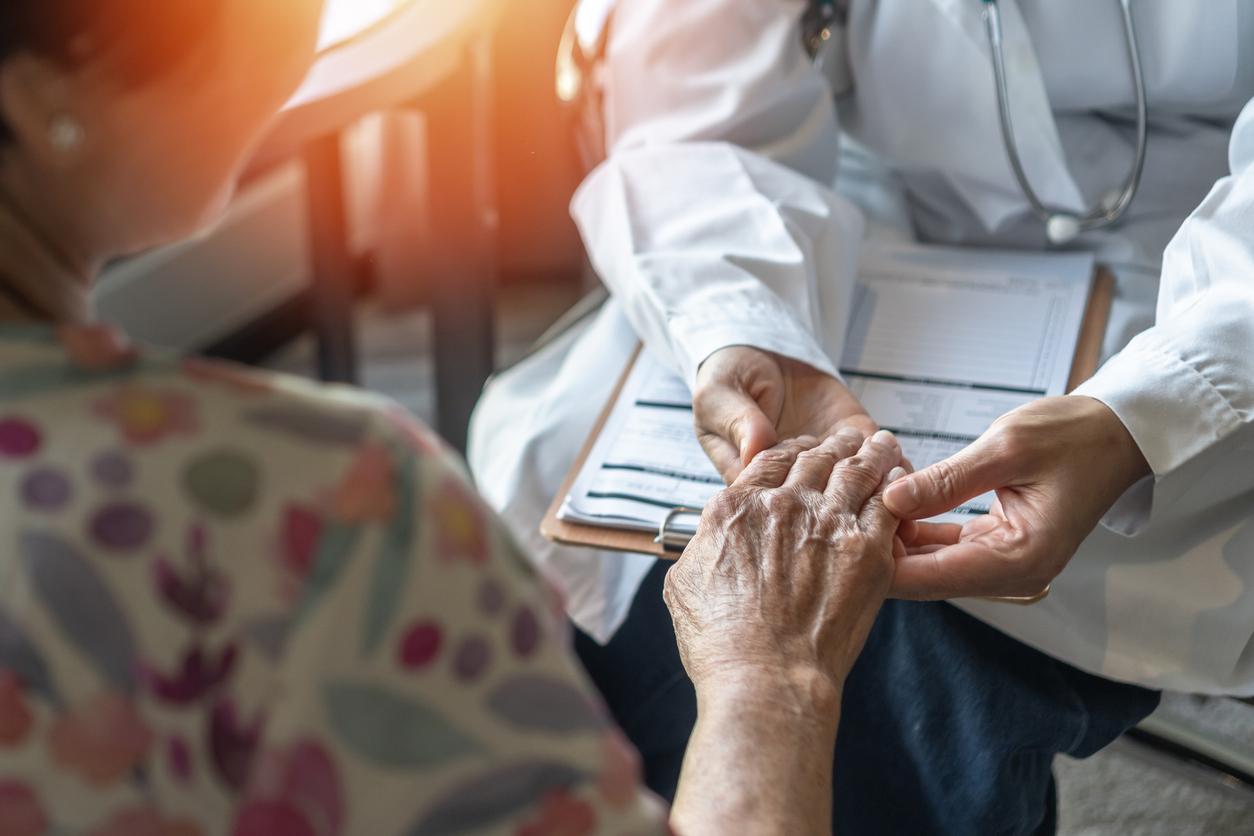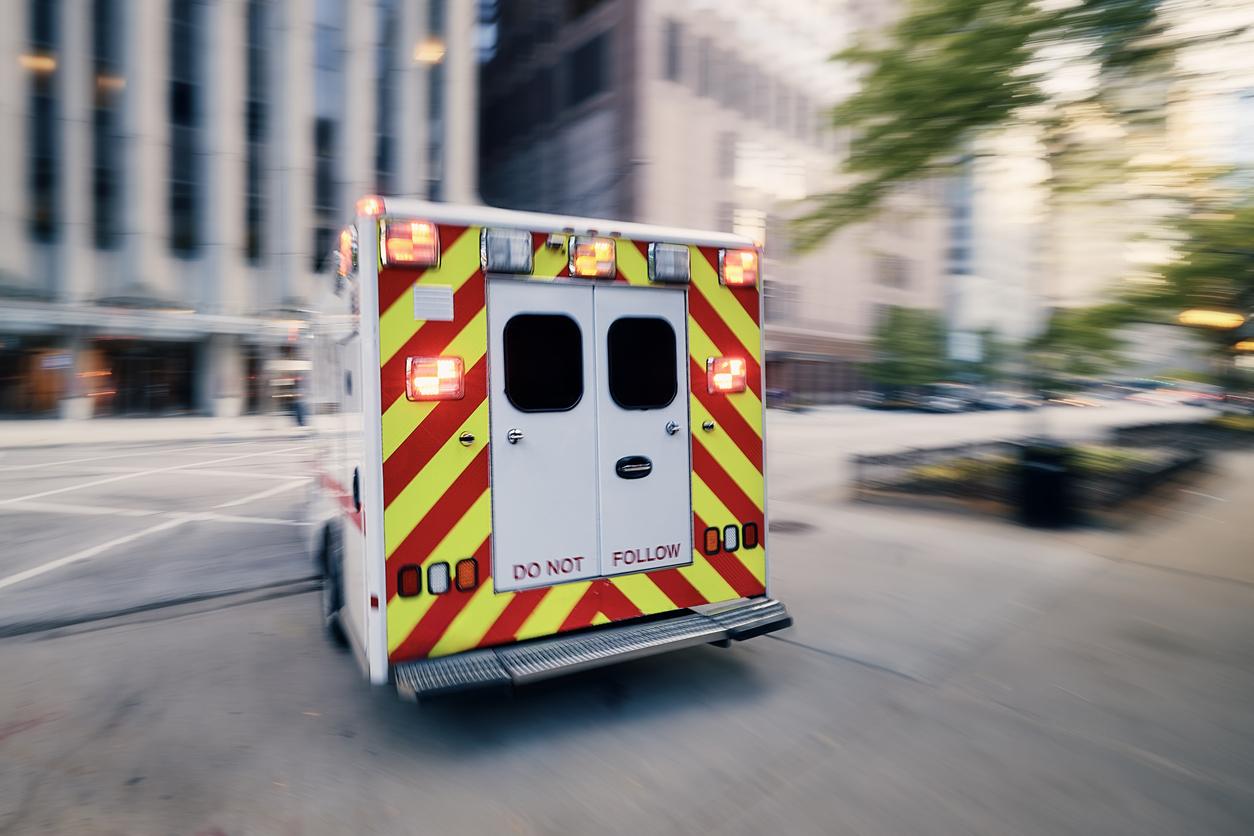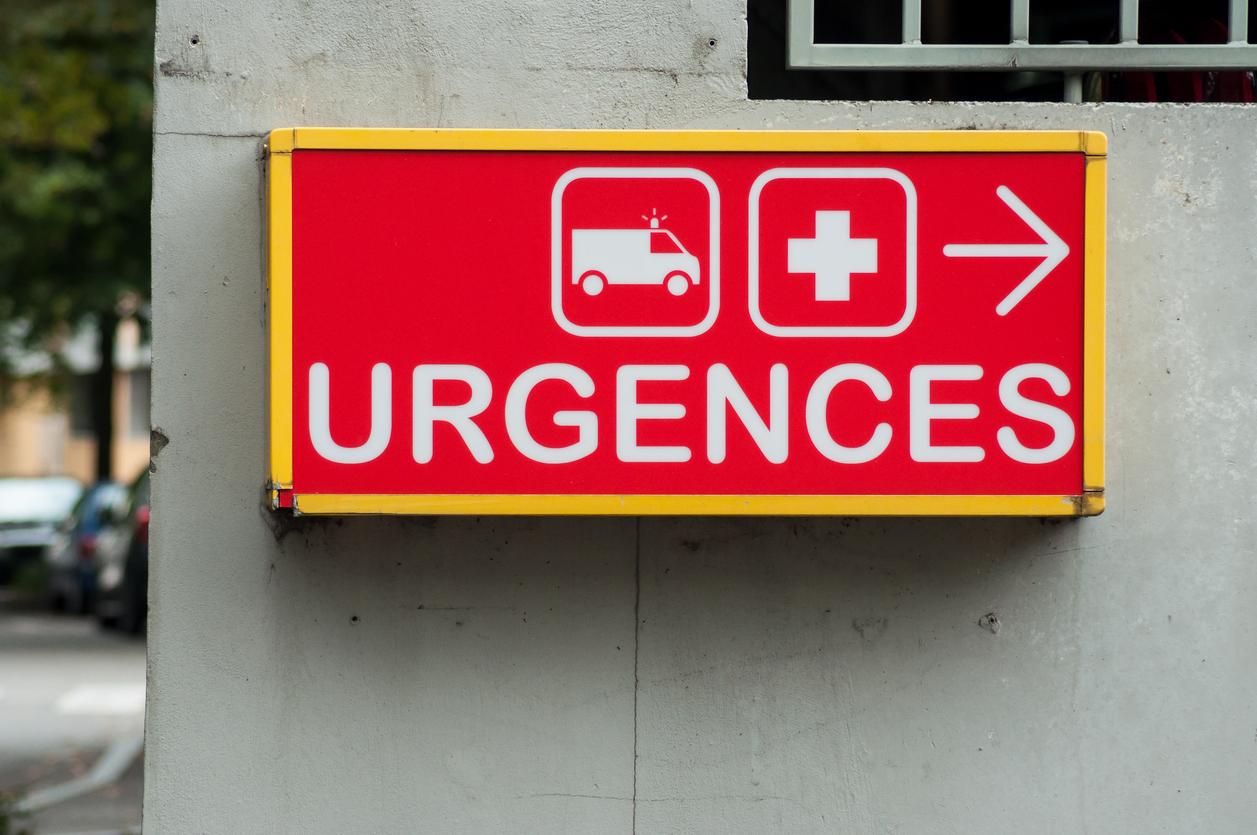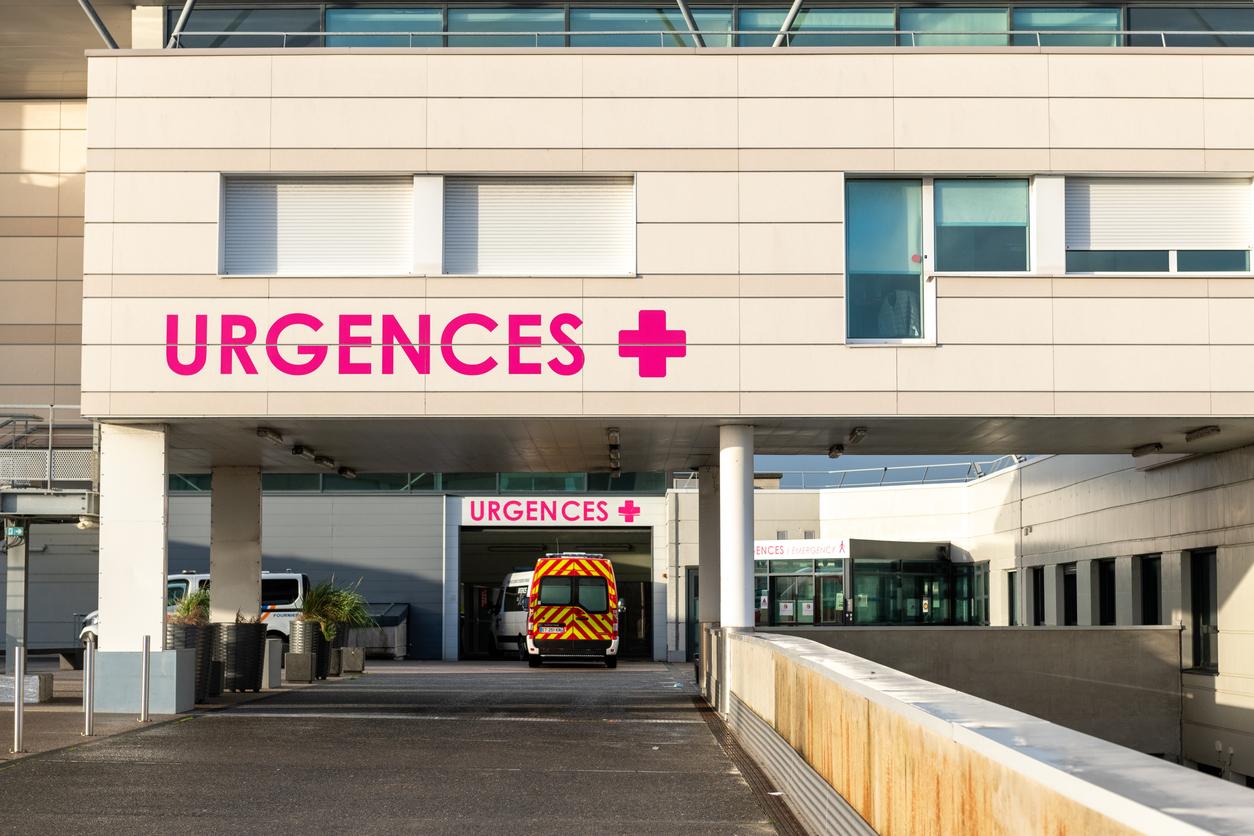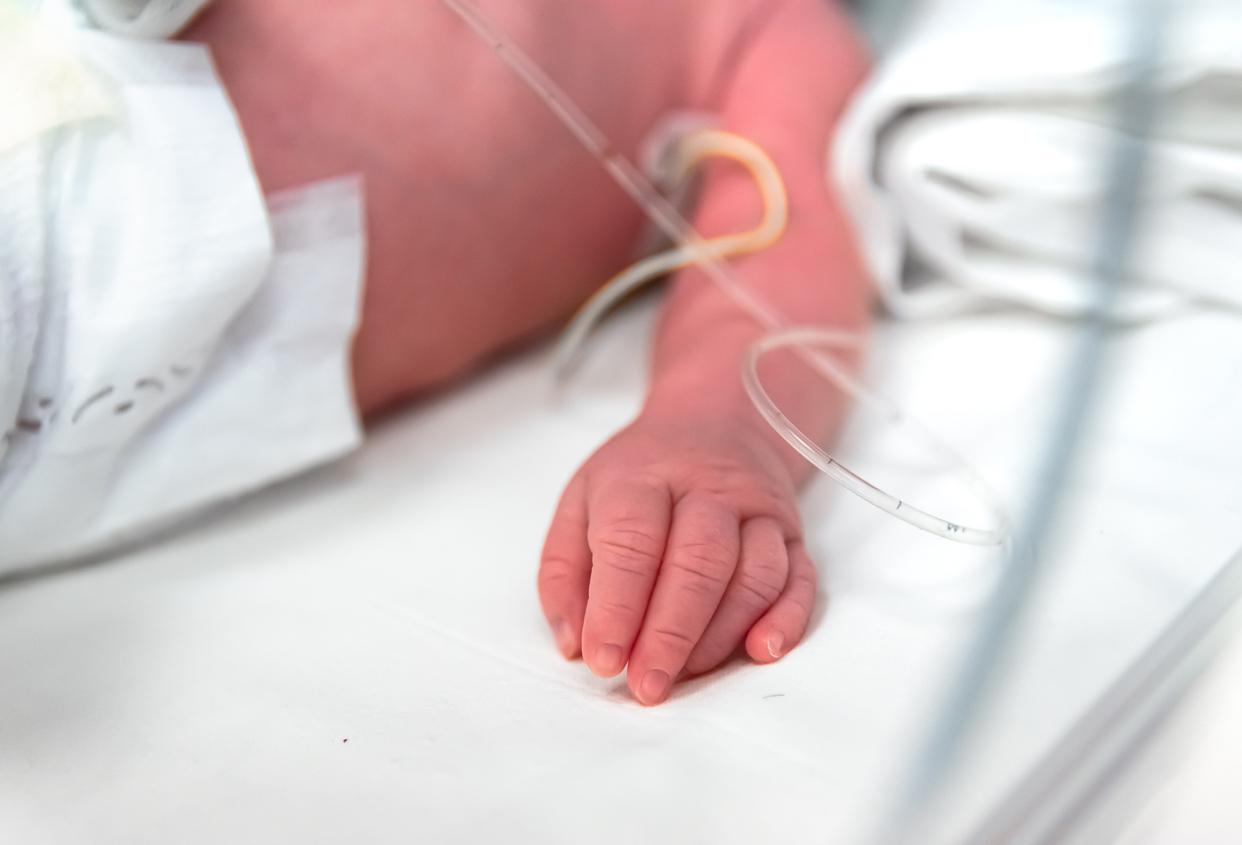
Broken wrist, cardiac arrhythmia or pneumonia? Rush to the hospital! There you expect that you will be helped quickly and properly. Unfortunately, there is more and more often a closed door: recording stop.
In the last quarter of 2015, there were 600 withdrawals in the Amsterdam region alone. This problem also occurs outside the Randstad. Such a stop can last a few minutes, but also a few hours. The hospital forwards the incoming ambulances to the next hospital. Result: loss of time and health risk. Doctors are very concerned about this and have sent a burning letter to the Minister of Health.
How did that happen?
According to the doctors, it has become so busy in the emergency departments because more and more vulnerable elderly people are reporting. The number of over-75s has increased by half in two years at the out-of-hours GP post.
These consultations take more time than others, because an average over-75 uses multiple medicines and has multiple conditions. Emergency GPs are increasingly sending elderly people to hospital, where hospitalization is more common. The result: the emergency departments of the hospitals are overflowing and can no longer handle new patients.
It’s not just because of the aging population, according to the doctors. Government policy is also partly to blame. Almost half of the nursing homes closed their doors. At the same time, savings are being made on home care. Small problems at home, such as difficulty with daily insulin injections, get out of hand unseen. The second problem is that the elderly also return to the emergency room more often. This is because a disease in an older patient often looks different than in a younger one.
For example, an elderly person having a heart attack often does not have the well-known symptom of chest pain. Instead, he’s stuffy. An older person with an infection often does not have a fever; instead, he is confused or dazed. Not every doctor recognizes that. As a result, problems in the elderly are underestimated. People are wrongfully sent back home or to the wrong department of the hospital. Result: 30 percent of the elderly return to the emergency room within a few weeks. It gets even busier there.
What is already being done?
So far there have been no accidents in emergency care, but the stretch is over, according to the doctors. Plans are being devised to organize emergency care differently. Some hospitals already have a new working method. The Leiden University Medical Center immediately sends less complex patients, for example who only have a broken hip, to a smaller hospital. For example, the specialist Leiden trauma care has more space, while the fractured hip is also treated more quickly.
Furthermore, doctors believe that knowledge about the elderly patient should be updated. And finally, care homes and nursing homes could use more beds. A frail older person who has finished in the hospital but cannot go home yet is now forced to lie on an emergency bed. That causes a lot of delay.
What can you do yourself?
1. Prepare an emergency bag at a fixed location at home with the hospital card, passport, insurance certificate, money (€10), underwear or incontinence material, a
list of your medicines and a list of important phone numbers. Then the emergency department can help you faster.
2. It is always good to be together at a GP or emergency department. The other can listen in and ask questions. The healthcare provider receives better information and can see what is going on more quickly.
3. Is there an admission stop at the hospital: don’t panic and keep a cool head. According to the doctors, there have been no accidents so far due to recording stops.
4. Doctors or assistants should
often ask a very long list of questions in order to estimate what care you need. Answer them briefly and concisely. Be honest – don’t be big.
5. Memorize your illnesses to help with a correct diagnosis. So for example: “I have had diabetes for five years for which I take two types of tablets and I have had an artificial hip since 1998.”
6. Does the assistant say: “Just look at it with a paracetamol”, while you yourself are still worried? Voice your concerns. “The pain when urinating is very intense. I’m worried and want to see a doctor.” Speak to the doctor in the we-form: you come to a decision together. “Shall we have the urine tested for cystitis?”
7. When you are admitted to hospital, ask for the doctor who coordinates the follow-up treatment. Ask what will happen next, and how you can actively participate in the decision-making process.



